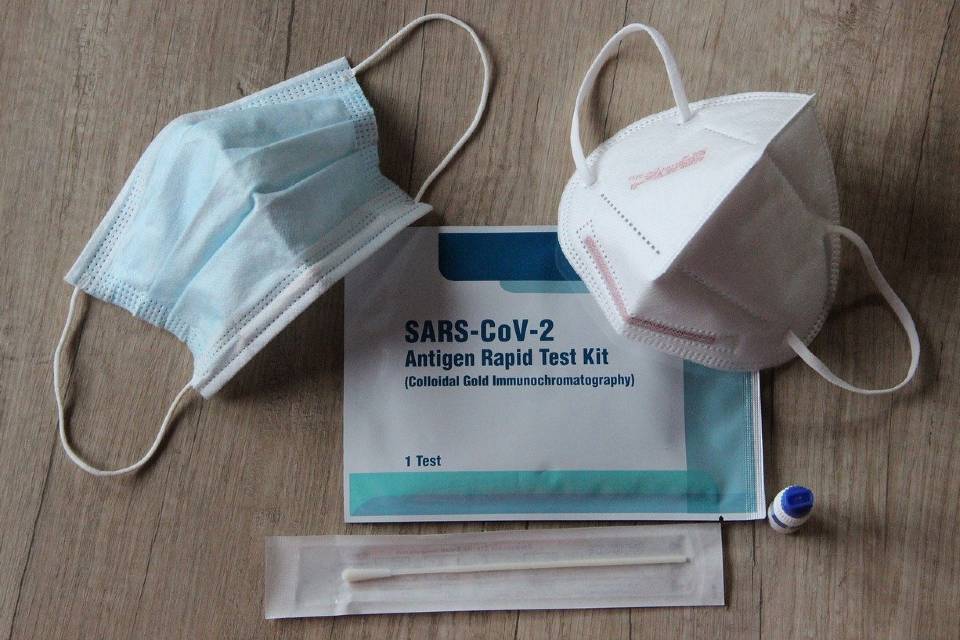by Kate Palmer, HR Advice and Consultancy Director at Peninsula
The Government has announced that workplace Covid testing will be offered to more companies in England, for staff who cannot work from home during the lockdown. Businesses with more than 50 employees can now access lateral flow tests, previously only firms with more than 250 staff qualified for testing. So, what do employers need to know?
Although the government are keen to encourage as many companies as possible to implement mass testing if they have at least 50 members of staff, employers should still proceed with caution when attempting to enforce testing requirements. Getting a test is not a legal requirement, and no individual can lawfully be forced to receive one, as such an action could be considered assault.
If employers do want to implement a policy making testing compulsory. They should clearly justify why they feel this is necessary for their specific company and the roles their employees have. If they cannot do this, they may find themselves facing costly claims for constructive dismissal at a later date.
What can we do if an employee refuses to take a test?
An employer’s first instinct in this situation may be to go down a disciplinary route. However, they should again bear in mind that they should be able to demonstrate an instruction to take a test is reasonable. They should also consider that employees may have personal reasons for not wanting to take a test, and it is highly advisable to have a constructive discussion with the employee in question.
Instead of enforcement, it will likely be much more effective to outline to staff why these tests are necessary and encourage them to have one when offered. They should also be reminded that, if they unreasonably refuse to get tested, it may be necessary to prevent them from being admitted into the workplace due to the safety of their colleagues.
What happens if an employee tests positive?
The procedure for what should happen in this situation needs to be clearly outlined to employees prior to them receiving a test. If they test positive, they should not be permitted access to the workplace and instead sent home to self-isolate in line with current government guidelines. Alternatively, the company may consider arranging for them to have a further ACR test taken, which can take more time to come back but can be more reliable than mass testing methods.
Since you’re here…
More than 30,000 readers per month enjoy the content we publish on PA Life. PA Life sits right at the heart of the PA and EA community, providing advice, profiles, How To guides, reviews and more.
We’d like you to be part of our community too and you can sign up to the newsletter, which is completely free of charge. As well as two weekly round-ups of the top stories, you will also have access to our bi-monthly magazine.
Click here to sign up to our newsletter.















